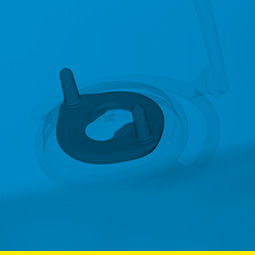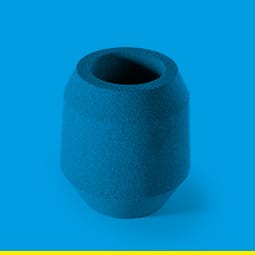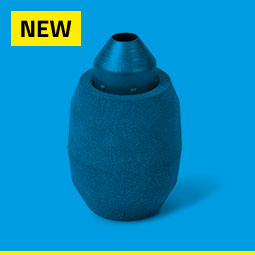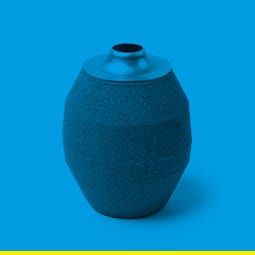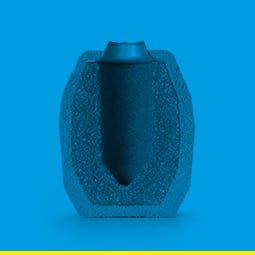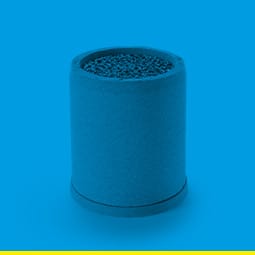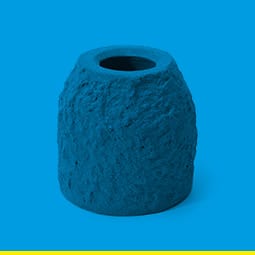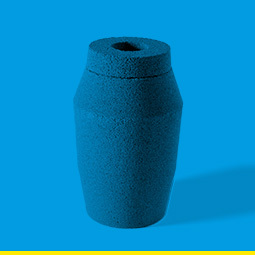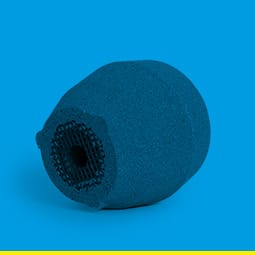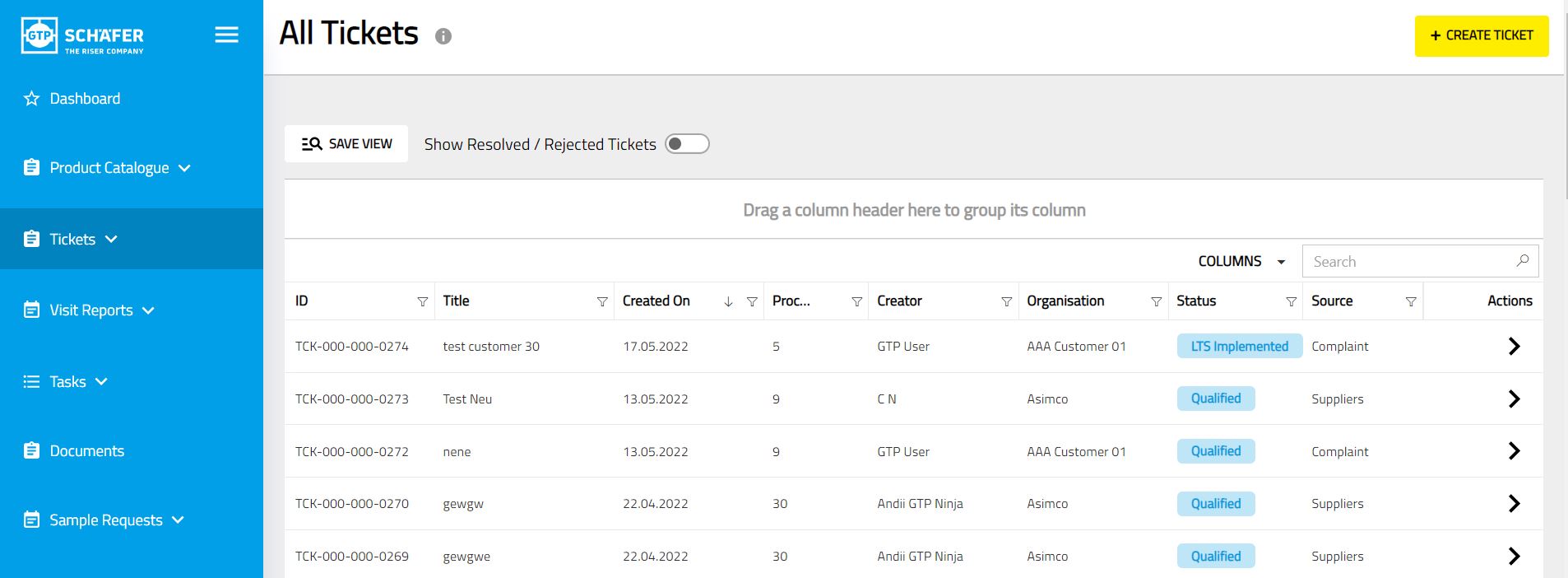Mistakes can happen to anyone. Also to us. But we have learned to deal with it constructively. And for this purpose we have developed a digital complaints management tool called “Tickets”. It serves you and us to record, process and document complaints processes.
“Tickets”: For quick resolution of complaints
“Tickets” allows you to find out about the status of your complaint at any time. In this way, together with you, we can better evaluate the effectiveness of the measures taken. And find a solution in an efficient way. Our development team implemented three new functions in “Tickets”, which we present to you here.
8D reports
We take quality very seriously. And that’s why we added the “8D Reports” function to the “Tickets” module for resolved / rejected tickets. Based on the automotive industry, an 8D report is a document that, in the course of complaint management, depicts a problem-solving process triggered by a complaint using the 8D method.
The 8D method represents a team-oriented problem-solving approach. 8D stands for 8 disciplines or process steps that are processed one after the other and documented in detail. The 8D method and the 8D report are standard in quality management in the automotive industry. As is now also the case in mechanical engineering, aviation and medical technology.
Excursus: The 8 disciplines or process steps in detail
1st step: setting up the team
The team consists of a team leader and experts from the departments involved. The team leader motivates the team to work together productively. At the same time, he/she prevents potential conflicts of interest between the departments involved.
The ideal team member has very good product knowledge and the technical know-how to identify the root cause of the problem. In addition, the team member is able to define corrective measures to solve problems, initiate them and control their effectiveness. Furthermore, the ideal team member has the knowledge and experience to systematically apply the 8D method.
2nd step: describing the problem
This process step is about recording the identified problem as precisely and comprehensively as possible. A problem is the deviation of the actual state from the target state. The team answers the following questions:
- Which product (component, etc.) is affected?
- What is the deviation from the target state?
- What is the extent / dimension of the deviation?
- Where in the product is the problem/nonconformity?
- At what stage of the product process does the problem begin?
- At what point in time does the problem arise?
- How often does the problem occur within a certain time interval
3rd step: taking immediate actions
Immediate actions serve to avert damage to customers and suppliers. It is also important to prevent the problem from spreading to the supplier. Possible immediate measures are:
- Repairs
- Credits
- Replacement deliveries
- Sorting out defective products
- Halting the production
- Checking / readjusting of the machines involved in production
4th step: identifying the causes
In the 4th process step, the team gets to the bottom of possible causes of the error. This process is based on process steps two and three. In addition to the technical analysis of the problem, the team also examines possible organisational causes of error. Human error may also be considered. The team clarifies the following questions, among others:
- Why did the problem occur?
- Why has no one discovered the problem?
- Why did nobody prevent the problem (the error)?
5th step: identifying and selecting remedial actions
The team identifies possible remedial actions to correct recurring problems. The team members then select the most suitable measures. The team then carries out experiments. These should provide evidence of which measure best eliminates the problem – without negative side effects. Possible remedial measures are:
- the use of new, finely adjustable machines
- constructive changes to the product
- the use of more precisely working tools
- the use of qualitative materials
- updates of control software
6th step: introducing and evaluating remedial actions
The team implements the remedial actions that proved most effective in step 5 of the process. In addition, it observes the resulting long-term results. The team discontinues the immediate measures taken in the third process step. (For the purposes of the 8D report, only process-related measures count as remedial actions. Person-related measures such as training and further education are not included.)
7th step: preventing the same error from recurring
The team uses suitable preventive measures to ensure that the same or similar problems do not occur again in the future. It monitors the effectiveness of the remedial measures taken over a longer period of time – with the bar being set higher this time.
For example, suppliers to the automotive and aviation industries undertake to evaluate identified risks in the development and manufacturing process using the FMEA method (Failure Mode and Effects Analysis).
As a rule, the quality management team adapts the content of the quality management manual to the higher requirements.
8th step: completing the 8D report
In the last process step, the team documents the knowledge gained in the 8D report. This procedure enables employees to use these findings for similar projects in the future.
Save View
Similar to the “Product Catalogue”, we implemented the “Save View” function in the “Tickets” complaints management tool. It enables you or our foundry customers to save the most recently viewed complaint processes under a freely selectable name. And you can call them up and look at them at any time.
Ticket Cost
A new feature in “Tickets” is Ticket Cost. Now the ticket costs can be broken down for each ticket and recorded according to certain categories. This way, you have access to a transparent list of costs concerning a complaint.
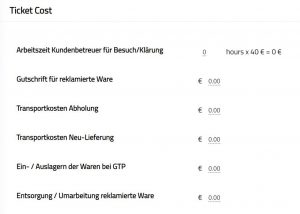
Learn more
Register now in our GTP toolbox®!



